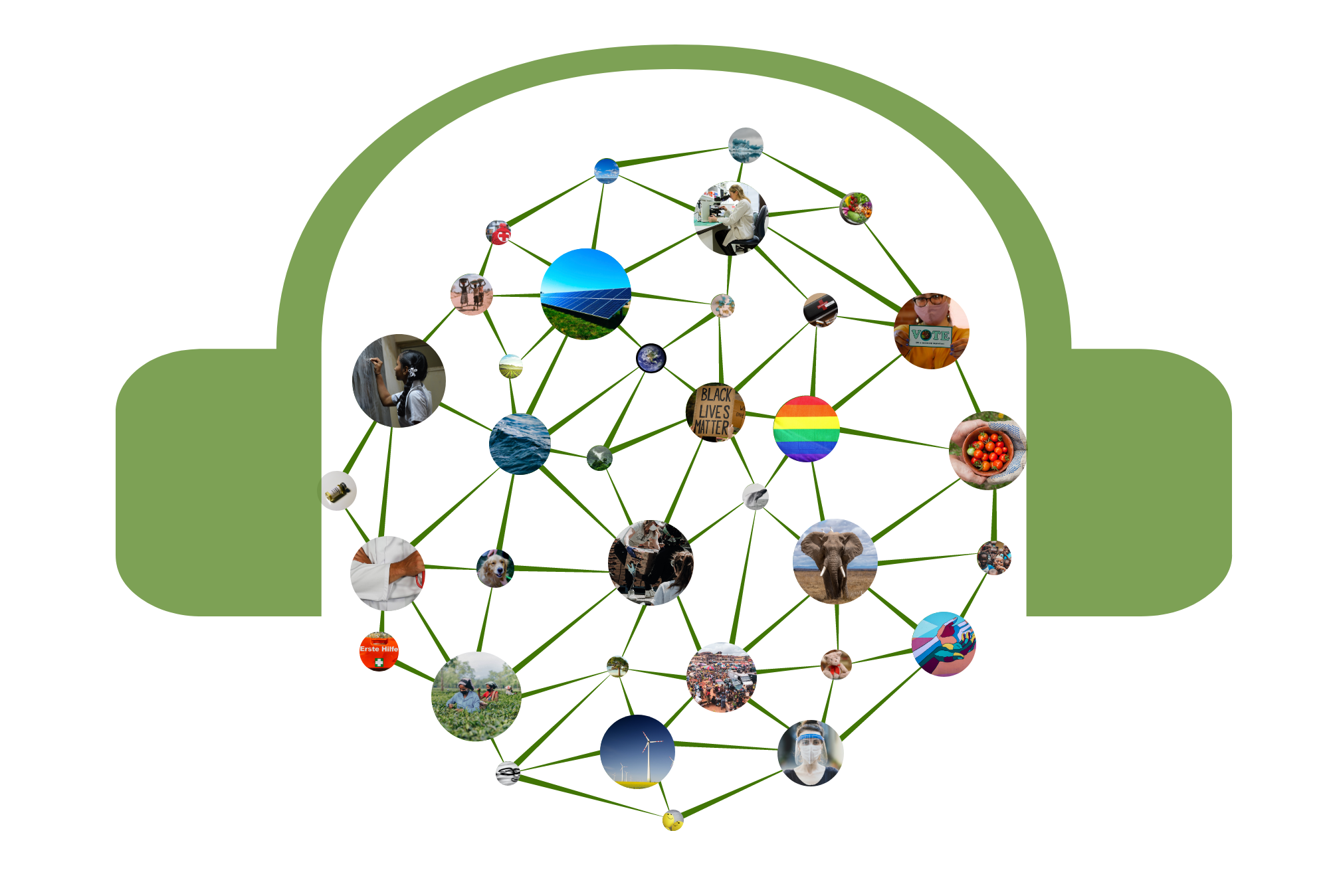Crypto Altruism Podcast Episode 22 - Tokenizing Social Impact ft. Michael Cooper from Panagora Group
In this episode we are pleased to be joined by Michael Cooper, Director for Monitoring, Evaluation, Research and Learning at the Panagora Group, for a discussion on tokenizing social impact. We dive into what tokens are, the role of tokens in driving social impact, and Michael’s work on tokenizing social impact, including what it means for current social impact practice, and the gaps that need to be addressed moving forward. This episode combines the perspectives of emerging fields like cryptoecnomics with historical evidence from the behavioral sciences with an eye toward building new social impact tools.
This episode begins a series of discussions with Michael on what tokens are, how they can be used to achieve these positive behaviors, and what is necessary to do this effectively and ethically.
About Michael and Panagora Group
The Panagora Group is a leader in providing evidence driven innovation in social impact to the United States Agency for International Development and is actively building the tools for effective and ethical digital impact. Along with colleagues from the Research Institute for Cryptoeconomics, Notre Dame and Cardiff Universities, Michael has recently published a paper that explores the use of tokens to achieve the behaviors necessary for social impact, which can be found HERE.
Social Links
Follow Panagora Group:
Follow Michael Cooper
Episode Time Stamps:
01:30 – What was your “ah hah” moment that got you interested in cryptocurrency and blockchain
03:30 – What is "social impact"? How is blockchain being used to achieve it?
07:20 – what is your background in blockchain and social impact?
14:30 – What is a "token"?
20:10 – How can tokens be more effective in achieving social impact? (8 mins)
26:15 – What are the next steps that need to happen to make advancements in tokenizing social impact?
35:10 – What’s the best way for learners to learn more about your work?



